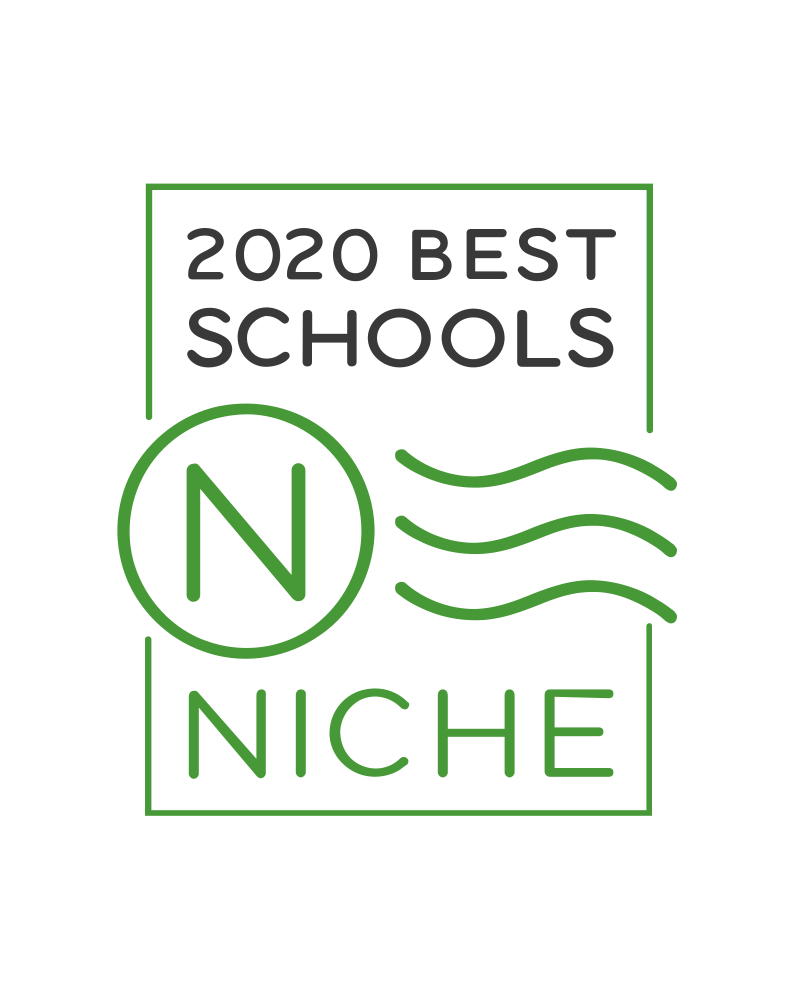Sustainability
Committed Stewardship of our World
Three-pillar Strategy

Waring brings sustainability into school pedagogy though curriculum, the student Sustainability Initiative, and other venues.

Curriculum
- Core Science - an entire unit is dedicated to energy and energy sources. Students examine energy data and perform an energy audit.
- Group 1 Science - students study earth science which focuses on human influence on the geosphere, hydrosphere, and atmosphere.
- Group 2 Science - sustainability topics are discussed often during biology. Some of the topics significantly addressed are: invasive species, ozone hole depletion, ecological servicing, bio-accumulation of toxins and pesticides in food webs, tragedy of the “commons”, human beings as an organism, population rise, carrying capacity, carbon cycle, nitrogen cycle, water cycle, global warming, evolution, mass extinctions, and cancer.
- Group 5 Ecology, Oceans, and Environment - in the one semester course of Oceans and Climate, students study the effects of global warming and climate change on the oceans and in the other ecology. Each senior also develops a research project addressing the challenges that are faced on environmental issues in the Gulf of Maine.
- Group 5 Chemistry - environmental and sustainability issues are studied and incorporated into many components of Group 5's chemistry class. The laboratory focuses on green chemistry methods and learning about the 12 Principles of Green Chemistry.
- Humanities - classes include discussions about population, place, and politics in different parts of the world. These discussions naturally incorporate environmental issues and sustainability.
Sustainability Initiative
The Waring School Sustainability Initiative is a collection of students from varying grades whose common goal and efforts are focused on the betterment of the Waring environment by:
- promoting sustainable and eco-friendly practices
- educating the school community during All-School Meetings
- meeting with internal and external key players in Waring's campus maintenance and green practices
- managing composting and signage for recycling, trash, and teracycle.
- teaching a Core health class on environmental issues and smart choices.
- participating in Waring's Sustainability Subcommittee to the Buildings and Grounds Committee of the Board of Trustees
Sustainable Operations

Energy
Examining the energy use and carbon footprint of our buildings, we see that two school buildings – the House and the Forum, represent 50% of our energy consumption and 72% of our greenhouse gas emissions.
In response, Waring is currently completing analysis of energy usage in the School, the House and the Forum buildings, and the Waring Sustainability Committee is developing recommendations for improvements.
Further, Waring completed a major campus-wide endeavor to retrofit nearly all lighting to LED lights, reducing greenhouse gases 14 metric tons annually – the equivalent of taking three passenger cars off the road. The project saves the school $7,000 annually.

Recycling, and Compost
Waring has had composting programs since the school's founding in 1972 and today, students run the composting program. Over the years, Waring has continued to fine tune and expand its recycling program. In 2015, Waring committed to eliminate single use plastics and water bottles, making all on-campus events zero waste. Driven by a team of committed parents, students, and staff, these events are run using reusable, recyclable, or compostable cutlery, cups, and other food service items. These zero waste events are an important part of Waring's strategy to divert 90% of its waste from landfill/incineration to recycling and composting.

©2021 Waring School. All rights reserved.

